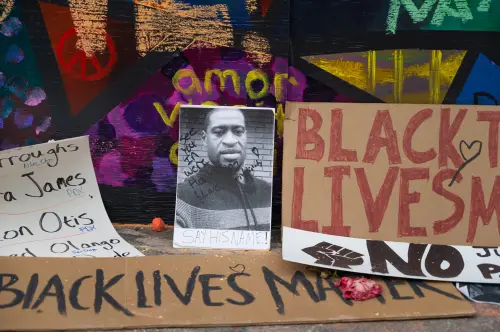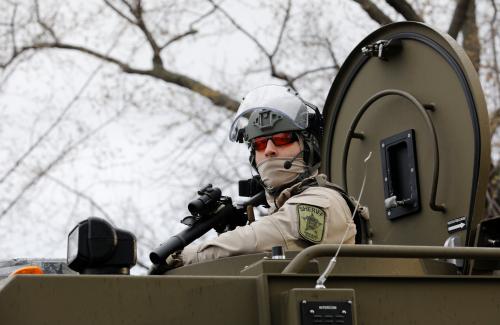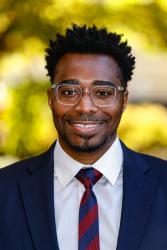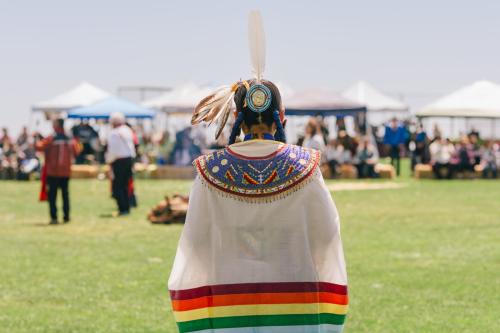On July 16, 2021, Rashawn Ray, Rubenstein fellow in Governance Studies at The Brookings Institution, testified before the Virginia Advisory Committee to the U.S. Commission on Civil Rights where he discussed policy recommendations to improve racial equity in U.S. police forces.
Chair, thank you. I also want to thank Commission staff Melissa, as well for her hard work. As you mentioned, I’m a David Rubenstein fellow at the Brookings Institution and also a professor of sociology at the University of Maryland in College Park, where I direct the lab for applied social science research. For years, we’ve been conducting research with police officers and doing data-driven analyses on various outcomes. What I’m going to talk about are policy steps for racially equitable policing society.
I think first out, it’s important to lay out some of the disparities that we know exist. Obviously, we know a lot of the recent reaction to what’s happening around policing deals with George Floyd, but unfortunately, these particular incidents happen nationwide. And we know for roughly a decade or more, roughly a thousand people have been killed by police officers every single year. That’s about one person every eight hours. We also know that there are huge racial disparities in the likelihood of being killed by police. And we see that here, particularly for Black Americans. And I think it’s important to note, and this is the key stat that [I] always highlight, is that Black people are 3.5 times more likely than white people to be killed by the police when they’re not attacking or have a weapon.
I think this particular group is important. And if we address this disparity, I think then we start to address other racial disparities that exist in policing. This is important because even though we know there has been a slight uptick in violent crime over the past couple of years, particularly with the pandemic, overall violent crime is still significantly lower than it was a few decades ago. We also know importantly that police killings and the police killing rate in cities is actually unrelated to the violent crime rates. We might make assumptions that the violent crime rate is then linked to the police killing rate. In theory, that would make sense. That’s not actually what’s happening.
Continue reading the full transcript here. Watch the full video of Ray’s testimony (starting around the 05:05 mark) and the rest of the hearing below.
The Brookings Institution is committed to quality, independence, and impact.
We are supported by a diverse array of funders. In line with our values and policies, each Brookings publication represents the sole views of its author(s).





Commentary
TestimonyPolicy steps for racially-equitable policing
Rashawn Ray's testimony before the Virginia Advisory Committee to the U.S. Commission on Civil Rights
July 16, 2021